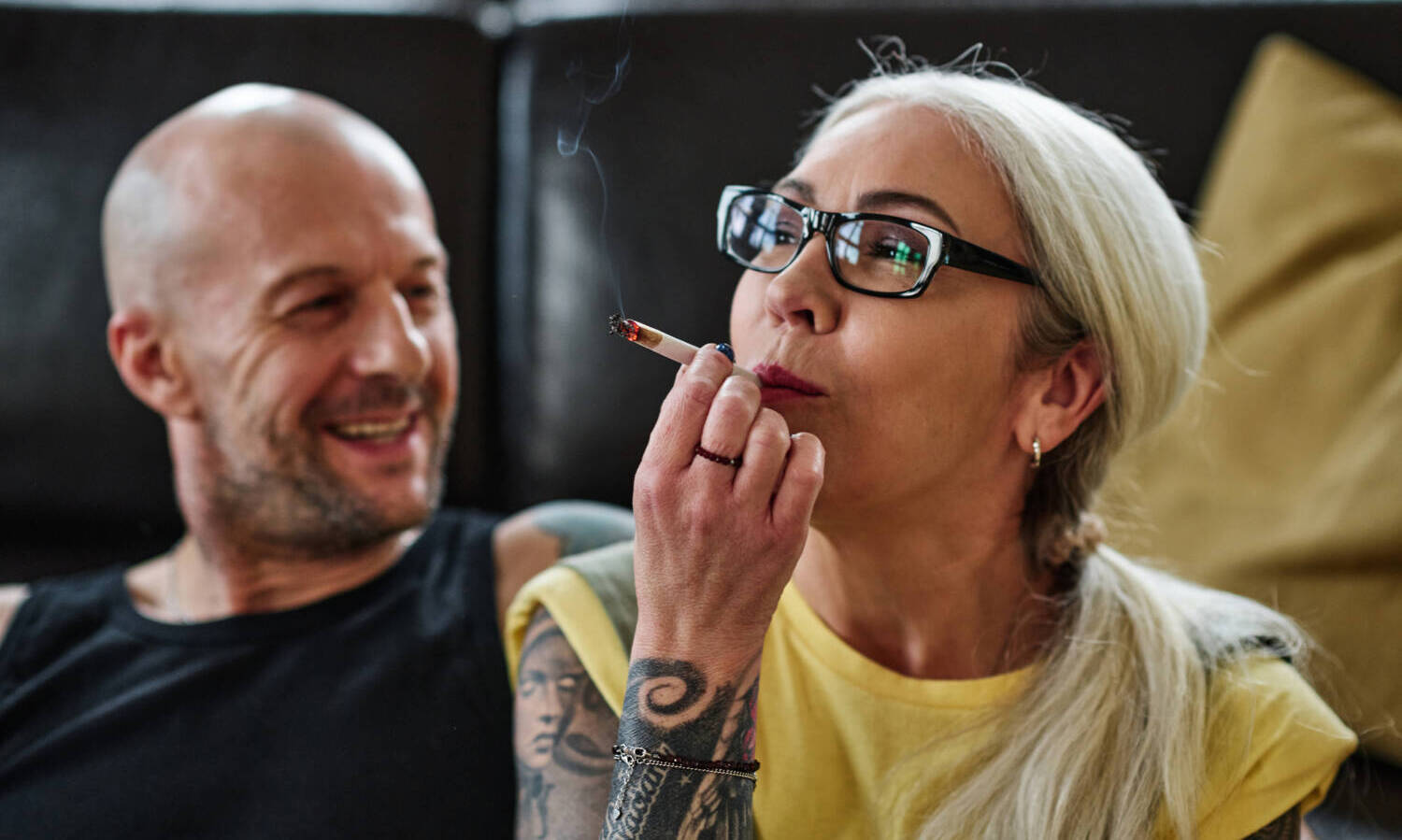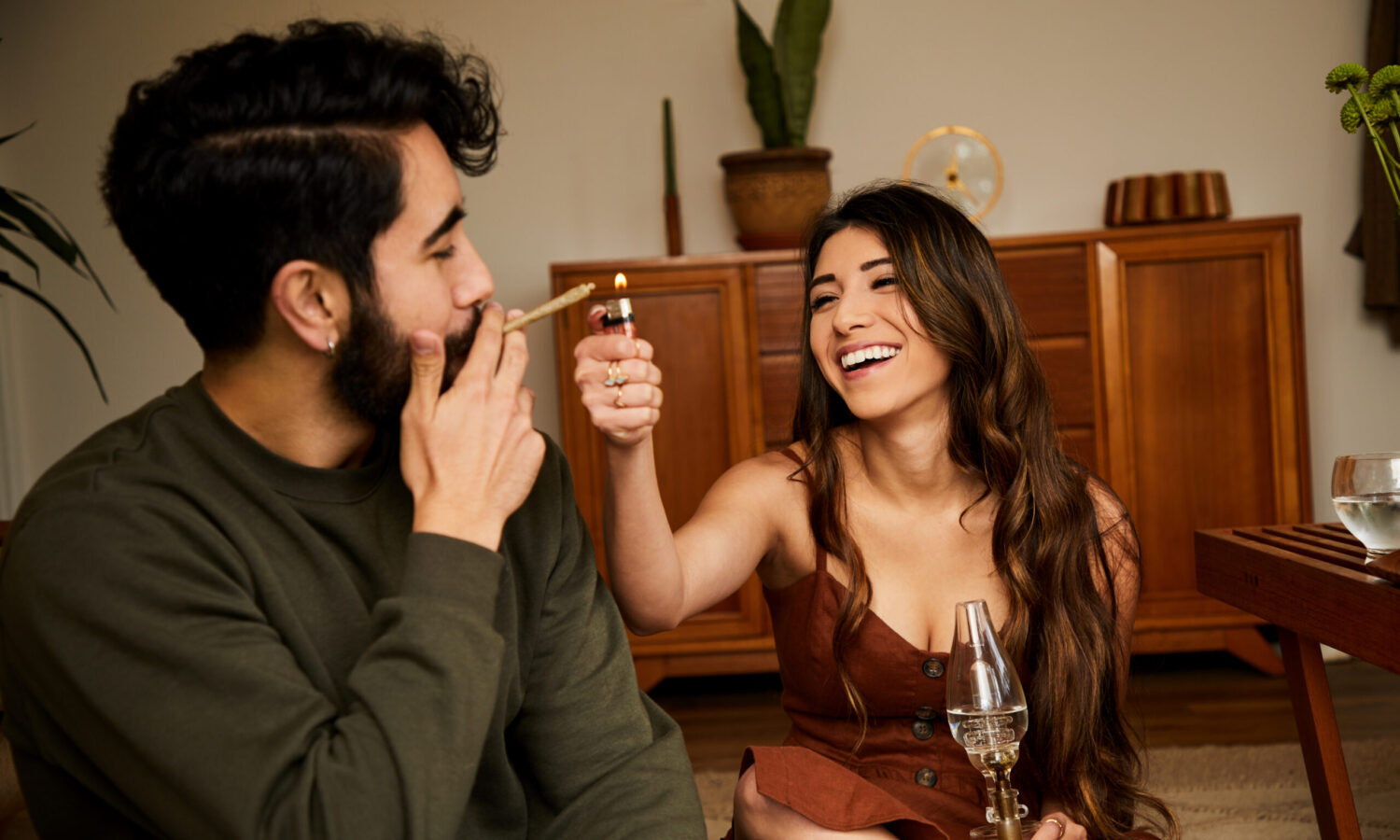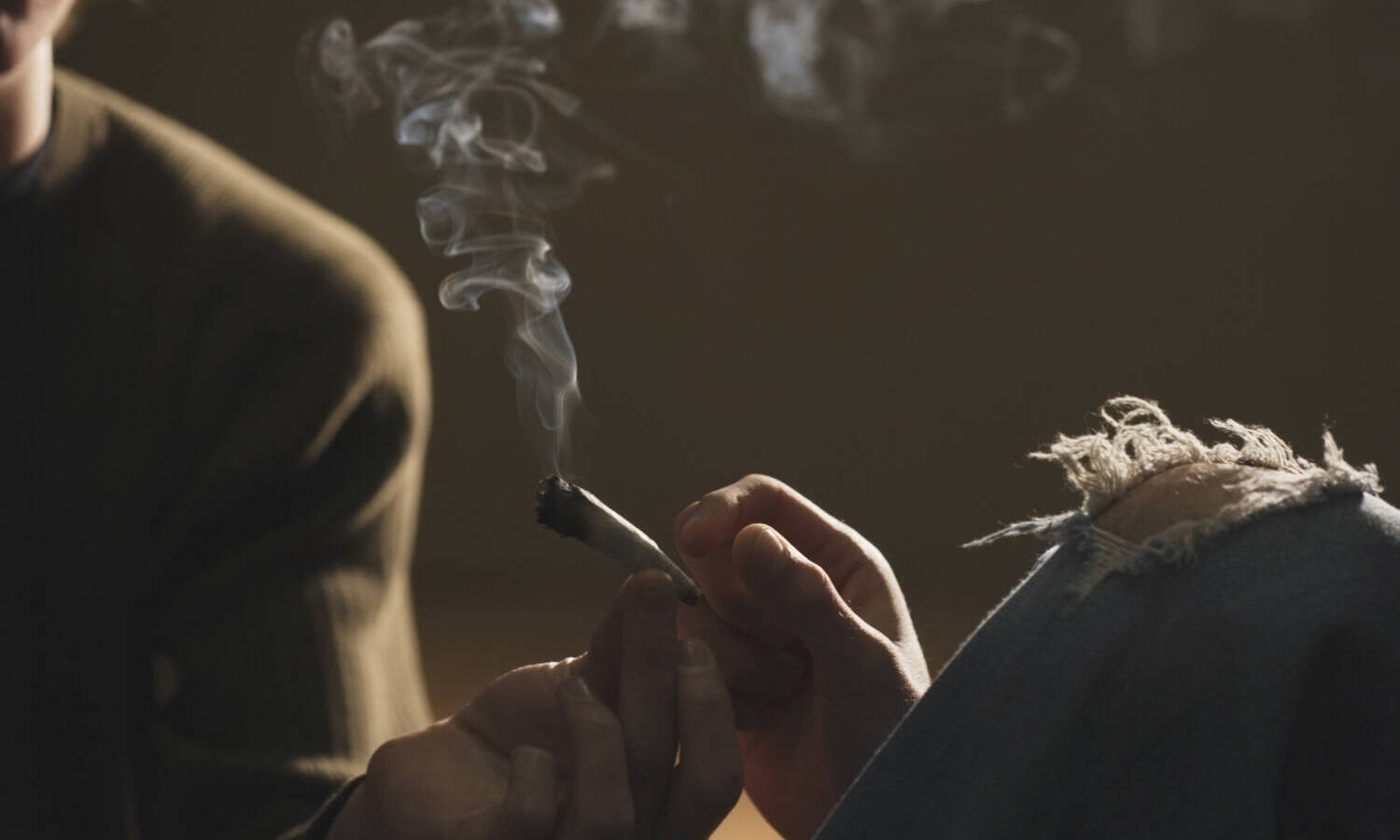
The New Jersey Cannabis Regulatory Commission (NJ-CRC) recently approved proposed rules and regulations for cannabis consumption lounges in the state, but if some things don’t change, it will be difficult for these businesses to be profitable.
The biggest issue with the suggested rules is the inability to sell anything but cannabis — no food or alcohol.
“I often tell my clients that a lounge will operate more like a hospitality environment rather than a retail environment,” said Sara Stewart, founder of Ritual Cannabis Hospitality, who helps cannabis owners build consumption lounges. “Your profit margins are lower, and instead of averaging $60 a person, it’s more like $30.” That means these operators need additional revenue streams, which the current New Jersey rules don’t allow for.
“If you don’t have food, that’s a huge hurdle for the profitability of a lounge,” Stewart said.

She speaks from experience. Stewart built the Lowell Cafe in California (now called the Original Cannabis Cafe), which serves food and beverages, but she also built one for Green Thumb Industries (OTC: GTBIF) in Illinois without that add on.
“I saw the direct correlation that food brings to a lounge. I saw the normalness. I saw the profitability,” Stewart said.
She noted that Nevada is moving forward with food at consumption lounges — a lead that New Jersey could follow.
Some states that have legalized consumption lounges without food have seen creative workarounds, such as food delivery or food trucks parked outside. However, with either option, the cannabis company is giving up some potential profit.
RELATED: What Cannabis Lounges Could Mean For The Future Of Weed Consumption
Stewart also noted that building a commercial kitchen from scratch is expensive, and that’s why most restaurants take over a previously built-out space. Cannabis operations might not be able to find such a space available. It’s a difficult puzzle to solve for the owners.
Another issue with lounges without other forms of entertainment or food and beverages? Overconsumption. Stewart thinks that a lounge with food that sells smaller amounts of cannabis, such as pre-rolls, would allow an operation to make a profit without overselling to the customer.
RELATED: Why Cannabis Consumption Lounges Have Failed To Take Off
“Imagine a bar that outsourced liquor but sold food on site. It wouldn’t be profitable,” Stewart pointed out.
Lounges that sell larger amounts run into problems with either not allowing customers to leave with unused products (motivating them to overconsume) or leaving with extra products which put them into competition with dispensaries.

New Jersey’s Lounge Laws
The rules are currently in a 60-day public comment period, after which officials plan to finalize the regulations. The operations are being called marijuana consumption areas (MCA).
Here are some of the proposed rules:
- The MCA endorsement is valid for one year and may be renewed annually upon the renewal of the marijuana retail license or the medical marijuana dispensary’s permit.
- Consumers can bring their own cannabis to the lounge – either medical or adult-use products.
- A lounge can allow free samples of medical or adult-use cannabis.
- Customers can take any unconsumed cannabis with them, but it must be repackaged to meet state requirements.
- Strict sales limits to prevent overselling.
- Customers must be 21 and up.
The proposed rules carry a $1,000 application fee for all applicants but, if approved, microbusinesses will face an additional $1,000 licensing fee, while a standard consumption lounge business license would cost $5,000.
Big No-Nos
- No alcohol or cigarettes can be consumed or sold in the lounge.
- No retail food operations.
- Employees can’t consume while on the job.
- Any cannabis left by consumers at the lounge must be destroyed.




